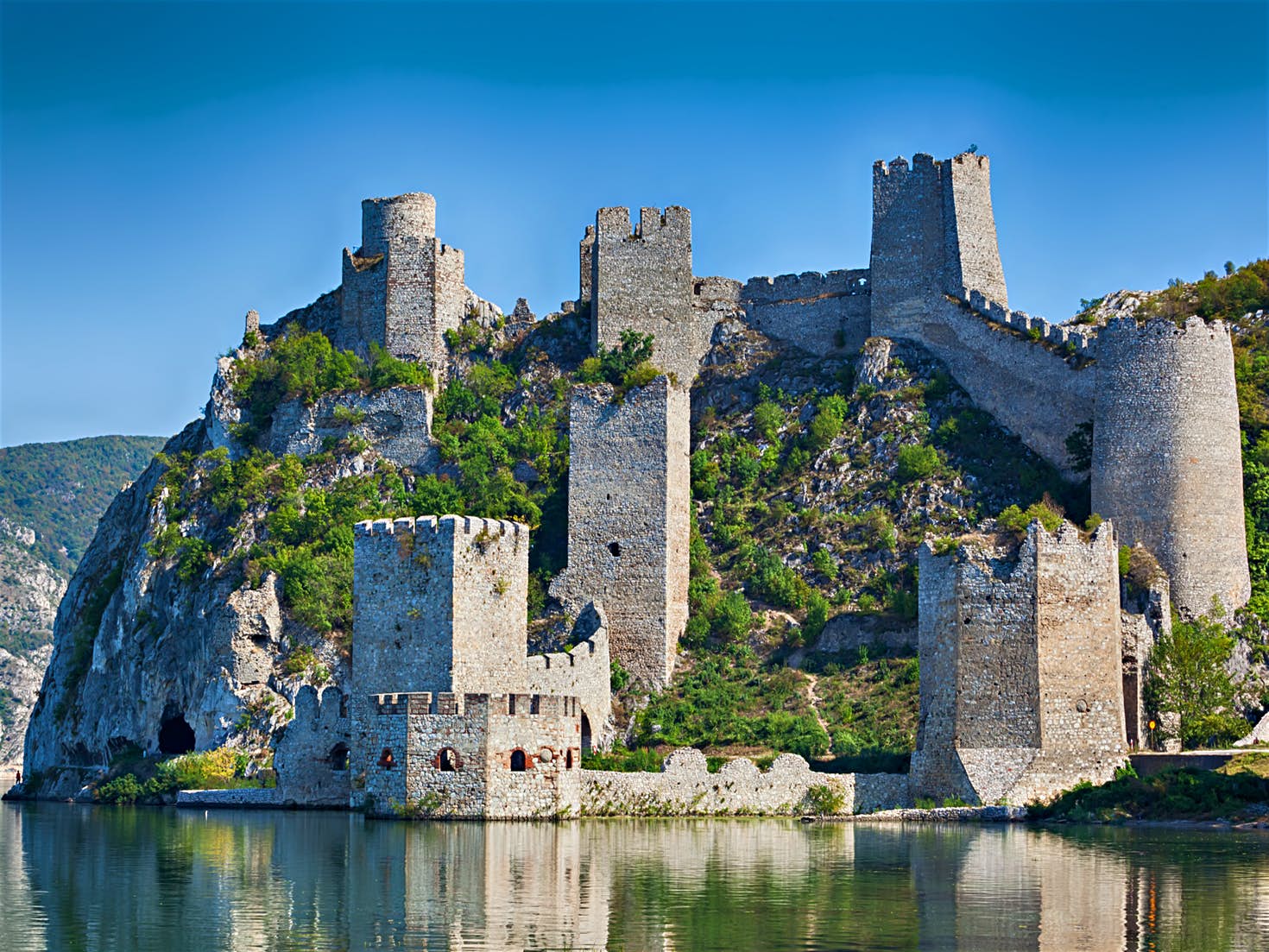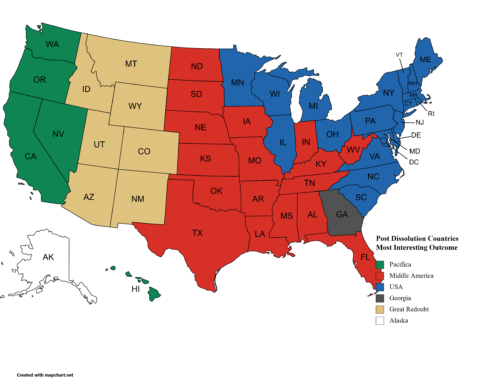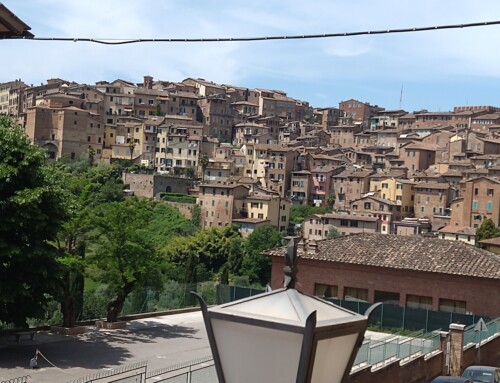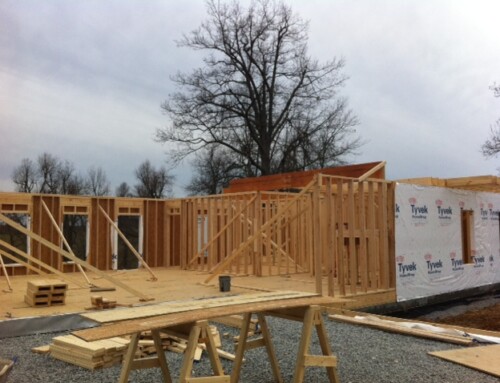I’ve been reading a lot lately on certain social media accounts about how modernity is better than “the old days” and also about how much better things were back in “the age of chivalry.” I totally get what advocates are saying from both perspectives. I’m not entirely sure those advocates are representing their arguments well. What’s usually missing in most discussions about modernity and antiquity is natural consequences not of technology but human nature.
Modernists tend to overlook the fact that ancient people’s figured out how to mine and mix copper with tin or zinc to make bronze and brass, built pyramids and great structures such as super long aqueducts across valleys and through mountains around the world without great machines and computers. Their mortar is still strong today. Today’s scientists still can’t figure out how the Antikythera Mechanism was made 2000 years ago or how exactly it works. So modernists really ought to do better to square their disdain for the past with the technological prowess these ancient peoples exhibited.
Many of today’s modernists still perpetuate the myth that people died at 35 in the middle ages. But life expectancy and at birth is an average of age at death across a region over time. If infant mortality is high, that means average life expectancy is fairly low. What is doesn’t say is that if a person survived infanthood, they can expect to live a long life, which has been the case throughout history. We know from the writings of the Greeks and Romans and from over a thousand years of Church record-keeping that it was high infant mortality that lowered average life expectancy, not some defect in human genetics caused by the era in which they lived. Psalm 90, written nearly a thousand B.C. offers that the span of a man’s years is 70; 80 if he is strong. Remarkably similar to today.
In a similar, but opposite manner, antiquarians tell us of how much better things were when men were chivalrous and we people were more in tune with the earth and our crafts. It is almost certainly true that the average human was more in tune with the earth a thousand years ago than today for a host of reasons. Living through heat and cold without central air being one. And commerce being far more local required every village to have a smith, a miller, a tanner, a midwife and more people subsisted on local farming.
To say that lifestyle was better is at best a subjective opinion that overlooks famine and pandemics and years without a summer. As for chivalry, that ethos was itself a response to the marauding of strong men in a might makes right world, not the norm.
We can pretty much all agree that infant mortality approaching zero is way better than 20-30% of babies dead before age 1. Most people will agree that eradicating smallpox is a good thing. Those who don’t for whatever vaccine theology (and be honest, it’s theology) they hold to, even if they are uncomfortable verbalizing it, are willing to play God and say that it’s acceptable for others to die of a disease that is preventable with a shot because they don’t want one and are willing to perpetuate that illness.
What is really unexamined is the consequences that the holders of one position over another won’t acknowledge.
There are few who still believe that the climate is not changing causing more extreme drought in some places and storms in others. While there is legitimate debate on the degree of human cause to climate change, people’s positions on the causes do not necessarily line up with either the evidence, their knowledge of the evidence or the potential courses of action to survive the change in climate.
By now even the most optimistic climate scientists do not think that humans will suddenly cut greenhouse gas emissions to some previous level. And even if they did there’s no guarantee that the climate would not continue to warm. And what liberal who rails against imperialism is willing to tell poor developing countries that they must remain poor by not going through the same industrialization as we in the West did? And it is not lost on anyone that many of the most vocal virtue signalers also fly on chartered jets and shop at designer boutiques from air-conditioned limos.
Are the liberal cogniscenti who fear a Lower Manhattan under water willing to move across the Hudson River to higher ground? Are they willing to accept the consequences of mass global migration? Because that is what the reality will dictate, not request. Are those who long for antiquity interested in not only building a forge but figuring out where to get their metals for future life as it was in the old days? Do they really understand how difficult it is to farm for subsistence like they tell people we all should when there is a local Kroger as their backstop?
One’s position on modernity vs antiquity most often comes down not to their actual preferences but proxies for a political worldview. The left/socialists seem to value modernity and limits to growth and limits to the amount people can earn. The right/antiquarians seem to value conservatism and a belief that those in power got there through hard work even when there is declining work for people to accept any more. The left want equality of outcome. The right want equality of opportunity. The left actually perpetuates maintenance of inequality through the praising of “meritocracy” which really means their own privileged status. The right will accept some not getting an opportunity if it means changes in the outcome as in votes in an election.
They all ought to just admit their positions and preferences. It comes down to do you prefer the government dictating or controlling all aspects of economic activity, or do you prefer unencumbered economic activity regardless of inequalities or outcomes. There is little room for any middle ground, whether political or moral.
The real point is that there is a lot of talk about what ought to be done that is 180* out from the practice of virtue signalers. People who can’t wait to get back to eating out 3-4 times a week can’t complain about the evils of mass agriculture when small scale organic farms couldn’t possibly support anyone other than the very wealthy. People who want unbridled development and growth might think twice when a handful of corporations dictate availability and choice of good and prices and whether you have a job or not.
I like fresh produce in the winter. I like air conditioning on the days when it’s too hot to open the windows. I like not getting yellow fever or polio because I’m vaccinated. I like fresh meat and cheese at any number of groceries in town. I’m not naive enough to think all these conveniences are permanent or even stable. But I’m honest about how I live and don’t pretend that we can have it both ways in all things.
Policy makers should really take sociology into account. If the disconnect between proposals and policy is so great today, why think it’ll get easier in the future? We have the cleanest safest energy available today in nuclear power, yet Germany took its reactors off line and now burns more coal for power. And nuclear plants can’t get built because regulatory burdens are too high, so we accept burning fossil fuels. We should stop pretending we have the will to change and start adapting to climate change or else make limiting carbon emissions easier.
Climate is just one issue among many that we ought be be consistent about. The same goes for living in the city. You can’t rail against greenhouse gas emissions and live in a high rise whose concrete production resulted in tons of carbon in the air without some acceptance of that responsibility. You can’t eat beef every day and not accept the toll that industry takes on the land from corn production to waste at the feed lots.
Human progress has brought us out of caves and helped us recover from the destruction of libraries and cities. We live better than we ever have. We need to be honest about where we are in history. We need to accept that to get here we’ve caused some less than desirable consequences. But we have the human capacity to adapt and make the world even better if we accept the world as it is and work from there.






Leave A Comment